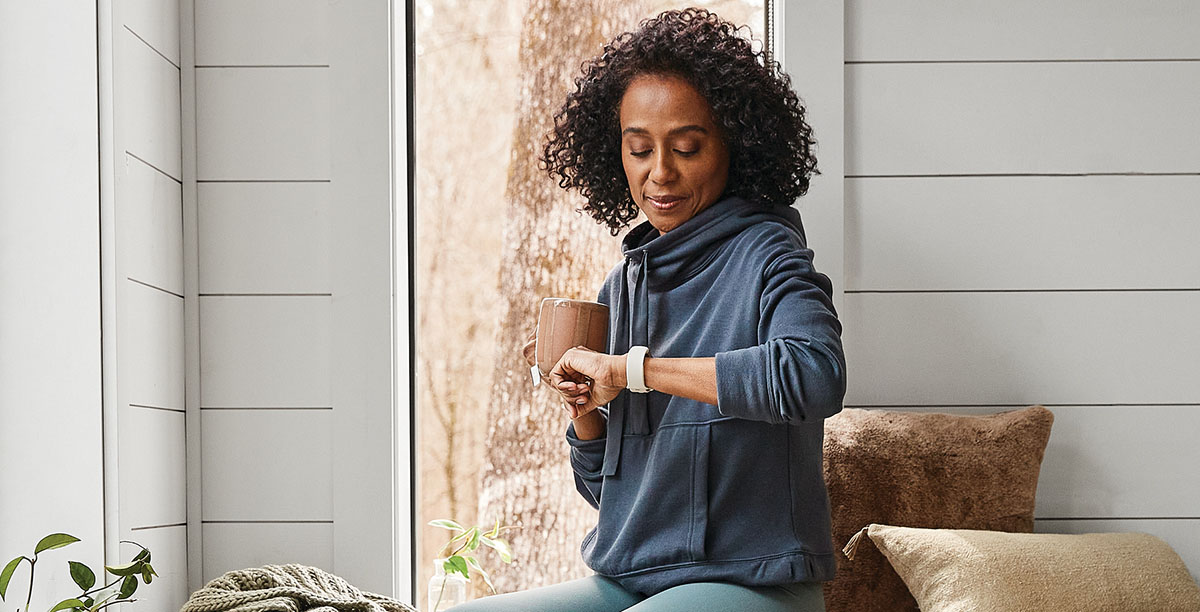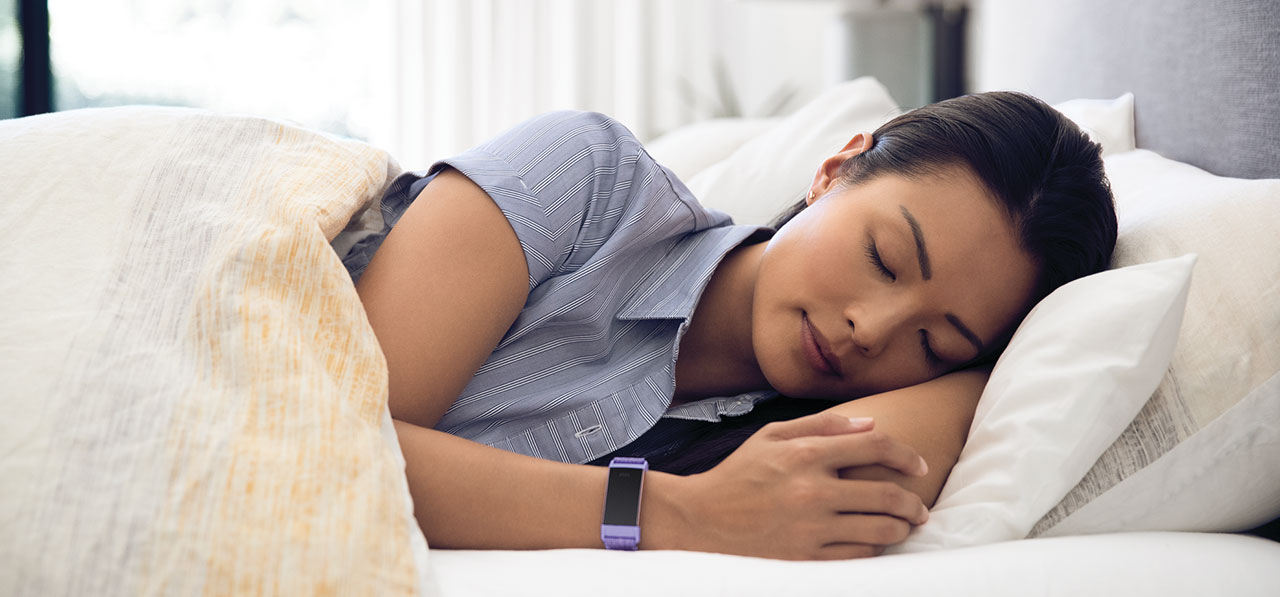Morning-to-Night: Wearables Are Now a 24/7 Health & Wellbeing Companion
Modern wearables have come a long way from simply counting steps. Now, wearables are an indispensable part of maintaining and improving health and wellbeing—and their usefulness extends 24/7.
Here’s a quick example of how modern wearables can provide benefits from morning to night.
Ready and rested
Starting the day rested is a recipe for success. Unfortunately, 67% of people report that they’re sleeping more or less than desired.1 Today’s wearables and apps can reverse the equation by helping to improve sleep patterns.
That can start with a morning check-in:
- How long did the individual sleep?
- Was sleep interrupted?
- How much time was spent in critical sleep phases?
Reviewing this information each morning can lead to behavior changes at night that encourage better rest.
- 75% of people who use wearables to track sleep have changed their sleep habits2
Make it a great day
Changing behavior means setting daily goals. With today’s wearables and apps, individuals can easily create wellness goals for the day and then monitor their progress. Ultimately, these little actions can lead to big change.
- 150 minutes of physical activity per week
People who set this goal and achieve it improve their overall health3 - Individuals using activity trackers report, on average:
- More steps
- More physical activity
- More weight loss4
Mid-day movement
Whether individuals are at work or home, they’re spending more time sitting.
- 6.5 hours
Time average American sits each day5 - 8+ hours
Time more than a quarter of Americans spend sitting6
Modern wearables make it easy to monitor activity and set reminders to get up and move mid-morning and throughout the day.
Power lunches
Nutrition is a key component of overall health. But for many people, determining exactly how to put a healthy eating plan into action can be a challenge.
- 10.8% average weight loss of people focused on activity and nutrition programs vs. 2.4% average weight loss of people who just focused on activity7
Nutrition tracking changed the game and can make eating a healthier lunch—along with healthier snacks and other meals—easier. Nutrition tracking helps track:
- What individuals ate
- Calories
- Macronutrients (carbohydrates, protein, fat)
- Micronutrients (specific nutrients such as sodium, potassium, magnesium, etc.)
Get happy hour
Stress can build throughout the day—and lead to less than ideal health and wellbeing choices come evening. These might include excessive snacking, skipping exercise after work, or disrupted sleep due to anxiety.
- 84% of Americans report emotions associated with prolonged stress this year.8
Wearables serve as a constant companion throughout the day–monitoring stress markers, such as increased heart rate. They can also provide access to meditation or breathing exercises that can reduce stress during the day.
Time to wind down
With today’s wearables and apps, users can end the day on a positive note. Individuals can check in with their devices before bed to:
- Make sleep plans and head to bed earlier
- Check on nutrition goals and think about changes for tomorrow
- Review their activity and whether they accomplished their goals
The evolution of wearables from step trackers into 24/7 health companions provides new opportunities for users to reap benefits, help with the management of life-long health conditions, and make healthier choices all day long. When it comes to creating programs and designing interventions to support population health, wearables can serve as the foundational tool that helps build excitement and spur healthy behavior change.
Interested in learning more about how Fitbit has evolved from step tracker to 24/7 health companion? Download From Step Tracker to Health Companion: 6 Ways Fitbit Empowers Health and Wellbeing now.
SOURCES
- One year on: Unhealthy weight gains, increased drinking reported by Americans coping with pandemic stress, American Psychological Association, March 2021
- Wake up call: Global Sleep Satisfaction Trends, Philips, 2020
- https://www.mayoclinic.org/healthy-lifestyle/fitness/expert-answers/exercise/faq-20057916#:~:text=For%20most%20healthy%20adults%2C%20the,of%20moderate%20and%20vigorous%20activity.
- Researchers examined 12 years of data from dozens of peer-reviewed, randomized controlled trials and found that the arms of these studies that included Fitbit
- devices outperformed the arms that did not include Fitbits in daily step count, moderate-to-vigorous physical activity, and weight loss.
- https://jamanetwork.com/journals/jama/article-abstract/2731178
- Ibid
- Effect of diet and exercise, alone or combined, on weight and body composition in overweight-to-obese post-menopausal women, 2012 North American Association for the Study of Obesity (NAASO), 17 October 2012
- Stress in America: January 2021 Stress Snapshot, American Psychological Association, January 2021



